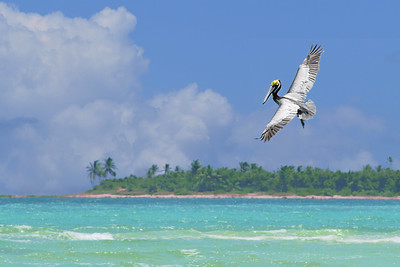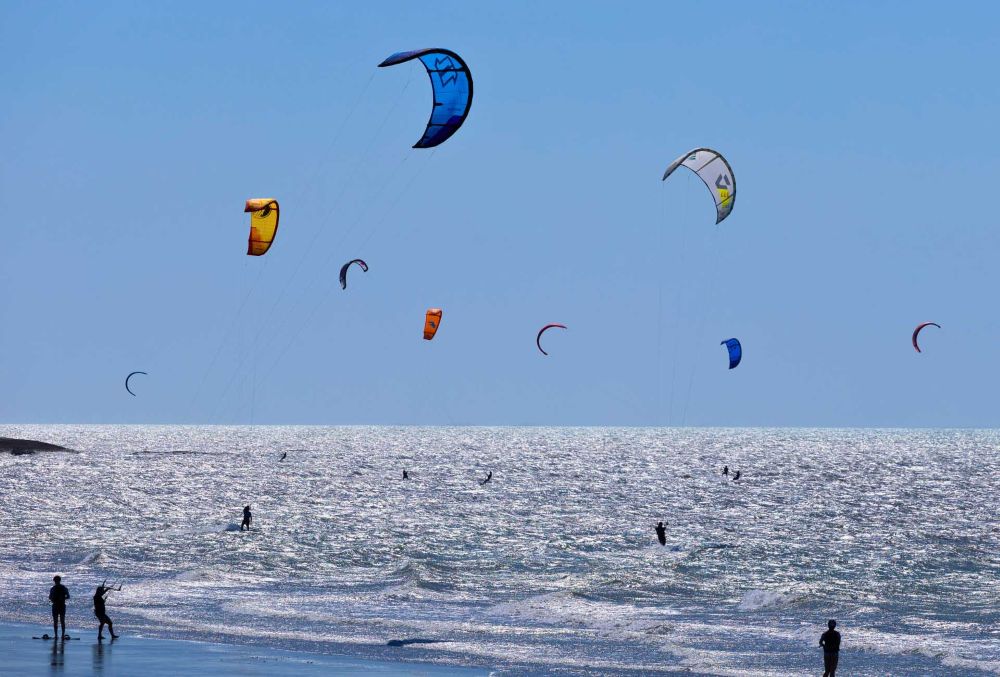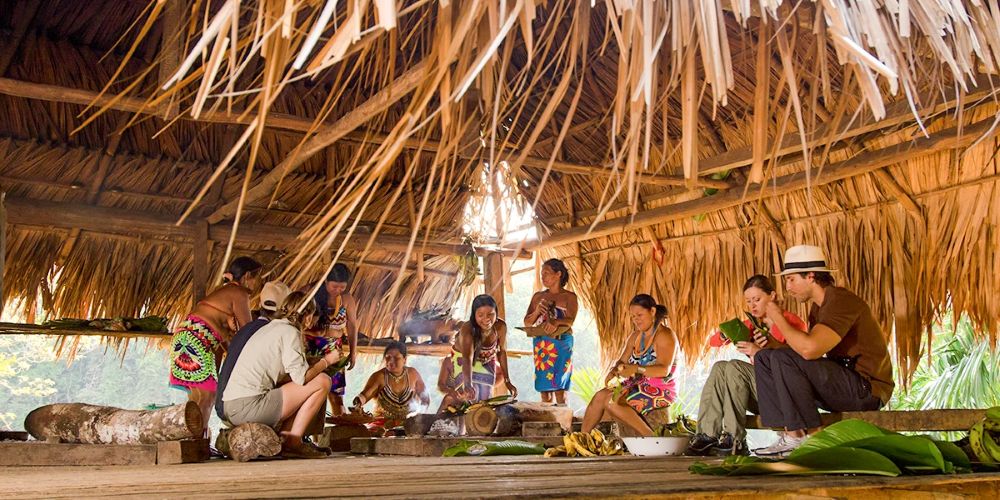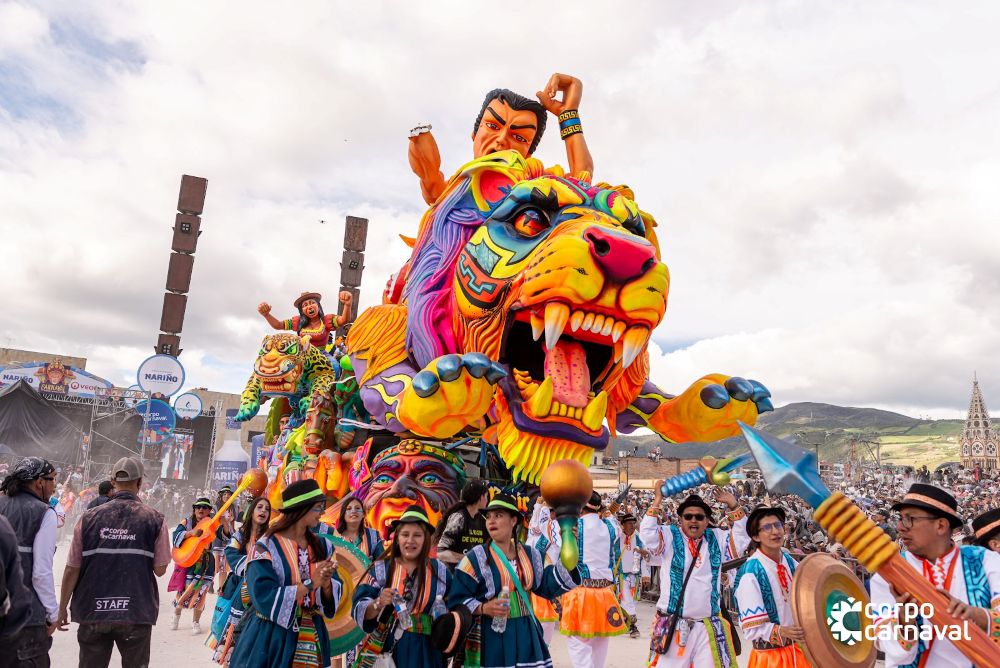Située sur la côte est de la péninsule du Yucatán, a une vingtaine de kilomètres de Tulum, la réserve de la biosphère de Sian Ka’an est un trésor de biodiversité. Son nom, qui signifie “où le ciel est né” en maya, reflète la beauté naturelle et la richesse culturelle de cette région.
La splendeur de la nature
S’étendant sur plus de 652 000 hectares, Sian Ka’an est un écrin de diversité. Elle abrite neuf écosystèmes distincts, des forêts tropicales denses aux mangroves luxuriantes, en passant par les récifs coralliens éclatants. Plus de 100 espèces d’animaux, dont des jaguars, pumas, singes hurleurs, tapirs, manatís, crocodiles, dauphins et pecarís ; 300 espèces d’oiseaux et 1 000 types de plantes y trouvent refuge.
La région possède un système unique de rivières souterraines d’eau douce qui connectent les cenotes (puits naturels) et les petenes (îles de forêt dans les marais), de plus la côte avec ses eaux cristallines et turquoises offre des paysages paradisiaques.
Un patrimoine culturel riche
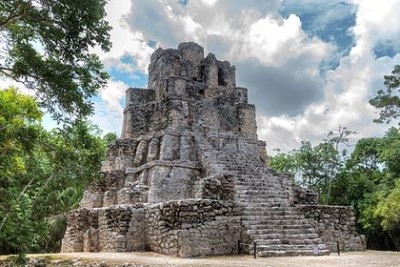
La richesse de Sian Ka’an ne se limite pas à sa biodiversité. La région abrite 23 sites archéologiques, dont certains datent du Ve siècle après J.-C. Muyil, avec sa pyramide en escalier, est le plus grand et le plus visité. Autrefois, ce site faisait partie de la route commerciale maya et offre aujourd’hui une vue panoramique imprenable sur la région.
Les défis de la conservation
La beauté de Sian Ka’an est fragile. Menacée par l’érosion, le changement climatique et l’activité humaine, la région nécessite une attention constante. Heureusement, grâce à la reconnaissance de l’UNESCO en 1987 et aux efforts de conservation, des mesures sont mises en place pour protéger ce trésor naturel.
Visiter Sian Ka’an
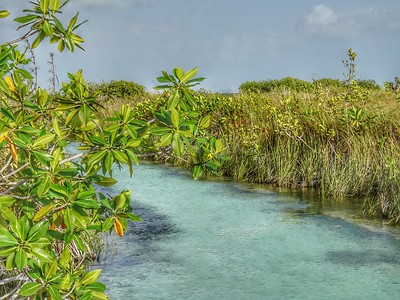
Découvrir Sian Ka’an est une expérience inoubliable. Des excursions en bateau offrent une vue imprenable sur la faune et la flore, tandis que des visites guidées enrichissent la découverte avec des aperçus historiques et culturels. Pour une immersion totale, certains choisissent même d’y séjourner, s’endormant sous les étoiles et se réveillant au chant des oiseaux.
Bien plus qu’une simple excursion touristique au Mexique, la visite de Sian Ka’an est un voyage à travers le temps et une leçon sur l’importance de la conservation. Alors que le monde continue d’évoluer rapidement, la visite de lieux comme celui-ci nous rappellent la valeur de la préservation et l’importance de la coexistence harmonieuse avec la nature, c’est un symbole d’espoir et un engagement envers un avenir durable.
Photos : Ko Hon Chiu Vincent | Pierre Selim Huard | Craig James

